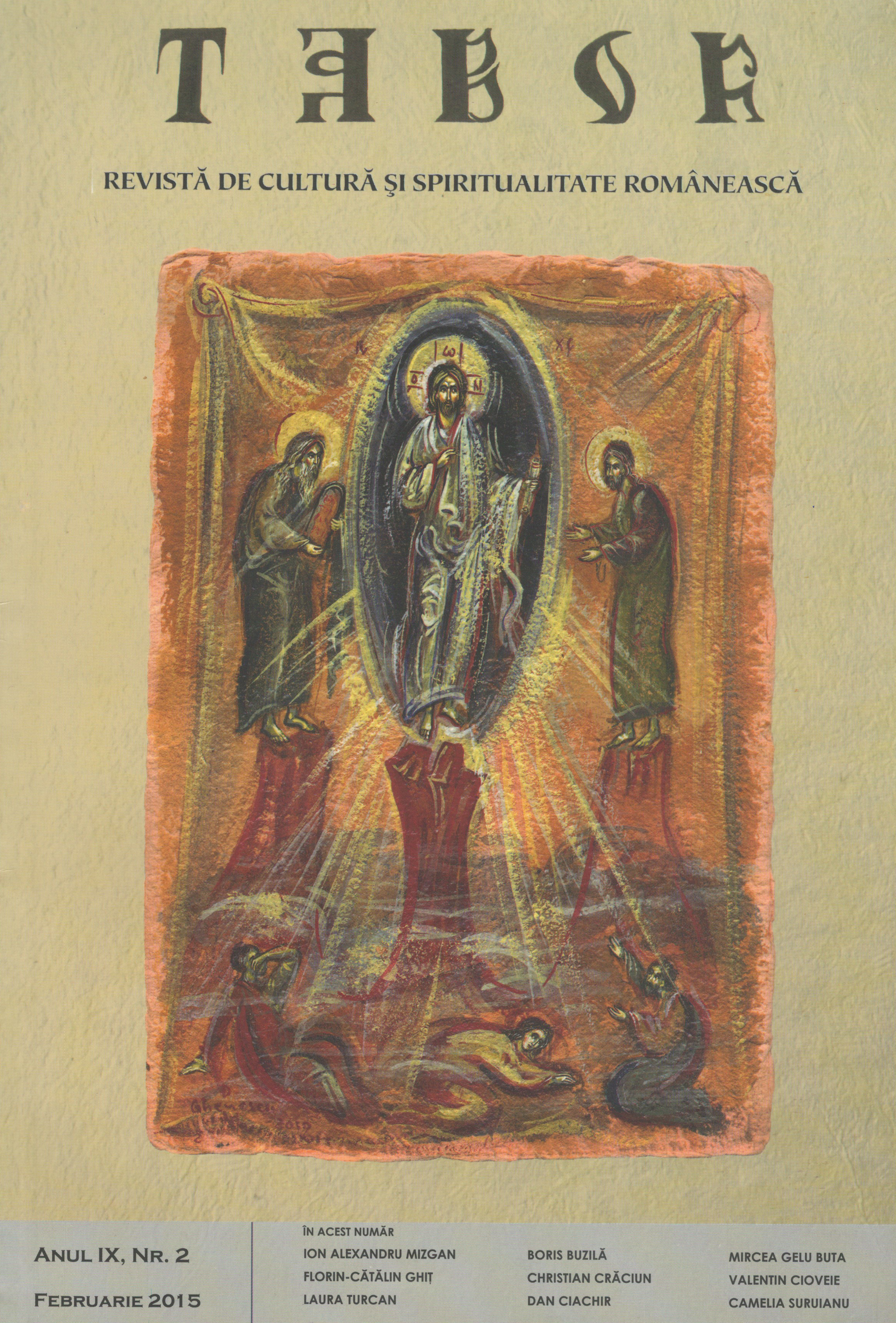Originile şi identitatea erosului dumnezeiesc în corpusul areopagitic
The origins and the identity of the divine eros in the Areopagitic corpus
Author(s): Florin-Cătălin GhiţSubject(s): Systematic Theology, Eastern Orthodoxy
Published by: Renaşterea Cluj
Keywords: Dionysius; eros; Areopagitic corpus; Plato; Aristotle;Plotinus; Proclus;
Summary/Abstract: Christian heritage of pre-Christian philosophical concept of eros included undoubtedly a creative change of the term’s meaning, operated by theologians concerned to give a new expression to their faith in Christ. Christian transfiguration of the ancient term and its transformation into a vehicle available to the gospel can be observed in the Areopagitic formulations. Certain features of the old concept of eros in the philosophical writings of Plato, Aristotle, Plotinus and Proclus present obvious similarities with its Christian connotations from the Areopagitic writings. In addition to these similarities, there is a long Christian tradition previous to Dionysius the Areopagite, developed especially in the works of Christian authors such as Ignatius, Origen, Gregory of Nyssa and Macarius of Egypt, which anticipate many aspects of the meanings of Dionysian eros.
Journal: TABOR. Revistă de cultură şi spiritualitate românească
- Issue Year: IX/2015
- Issue No: 02
- Page Range: 13-29
- Page Count: 17
- Language: Romanian
- Content File-PDF

